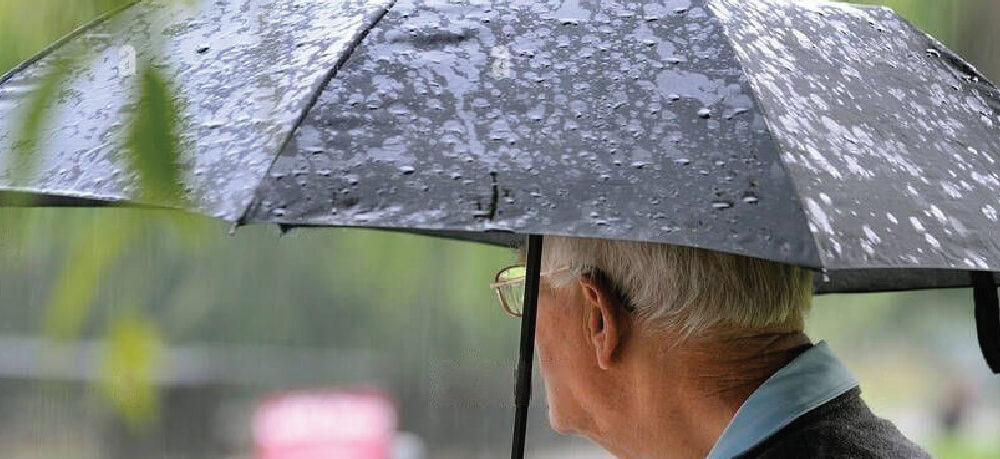10 Care Tips for Elders during Rainy Season


Things to check before availing Ambulance.
A highly important component of the medical sector is emergency medical services, commonly known as ambulance services or paramedical services.
Read More
Winter Safety for Seniors: How to.
Preventing falls and other accidents is especially important for seniors during the winter months, when slippery conditions and cold weather.
Read More

